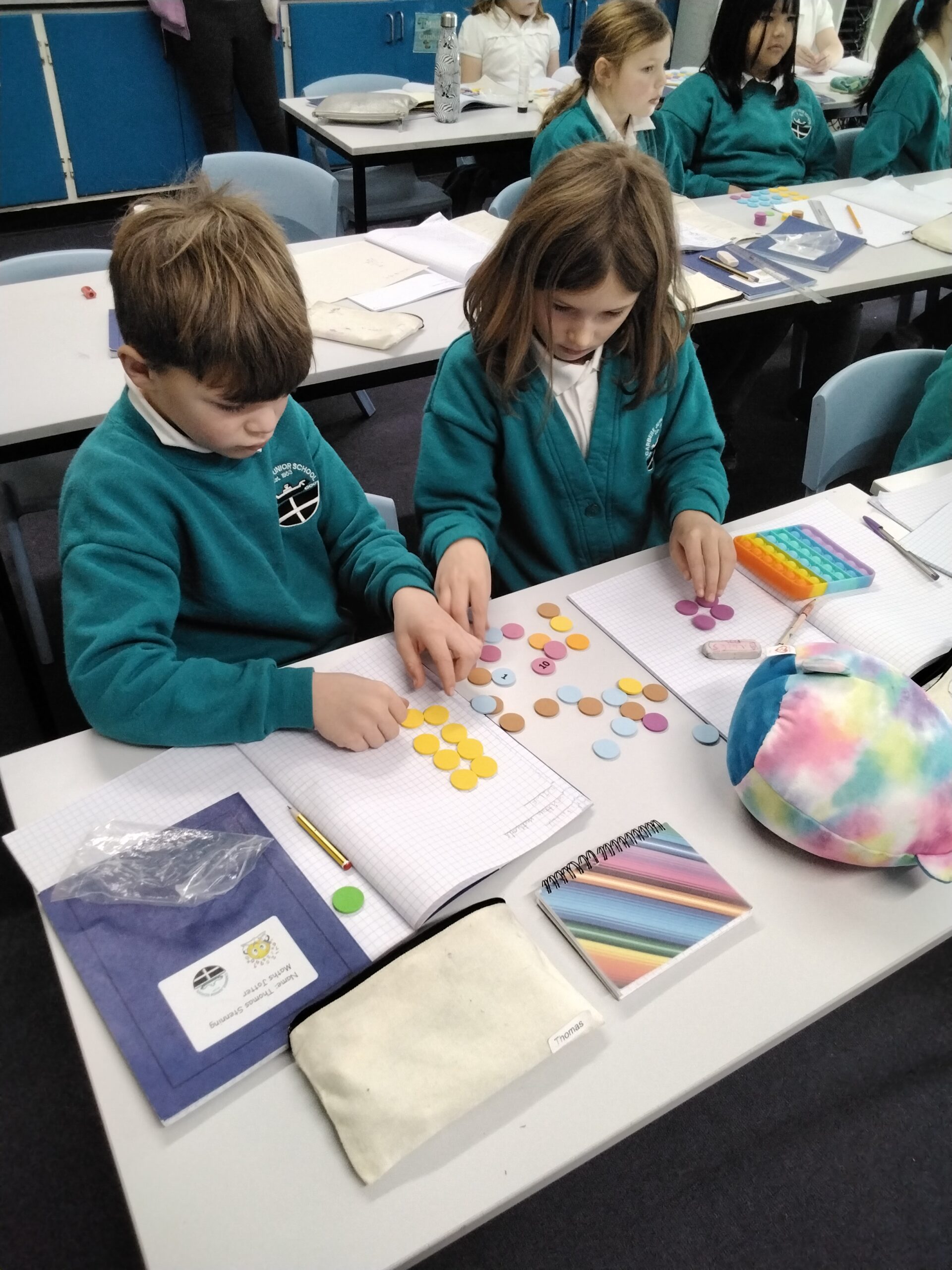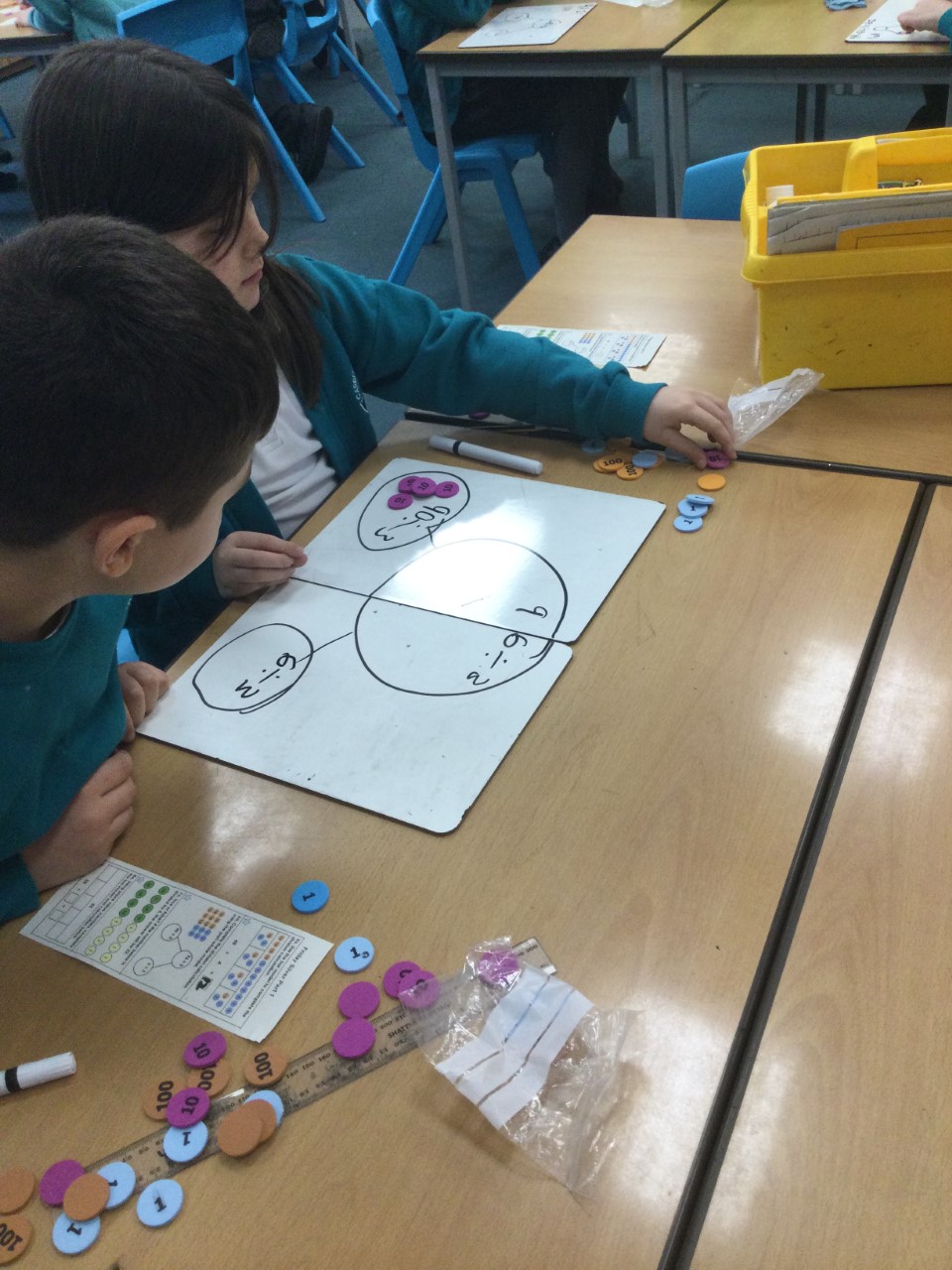- Email us
- 01752 812474
Providing a comprehensive mathematics education that equips pupils with the necessary skills and confidence to navigate mathematical challenges both in school and in their daily lives.


Every child to build a deep, conceptual understanding of concepts, which will enable them to apply their learning in different situations, to become competent and independent mathematicians.

We follow the White Rose schemes of learning to ensure that the coverage for the year is completed and we recognise that in order for pupils to progress to deeper and more complex problems, children need to be confident and fluent across each yearly objective.


We follow the White Rose schemes of learning to ensure that the coverage for the year is completed and we recognise that in order for pupils to progress to deeper and more complex problems, children need to be confident and fluent across each yearly objective.


Children are taught mathematical fluency lessons 4 times a week and these last for approximately 15 minutes. These sessions focus on fluency facts and times tables. They include fun, engaging activities and are fast paced.
Each year group has a fluency card outlining the focus for the half term. These are sent home to parents to support children at home. Below is the fluency progression map.


A typical maths lesson will provide the opportunity for all children, regardless of their ability, to work through Fluency, Reasoning AND problem solving activities. Through mathematical talk, children develop the ability to articulate, discuss and explain their thinking. Children are provided with the necessary resources to allow all children to access the curriculum and encourage them to use this where appropriate to explain their logic and reasoning.
We use ‘Total Recall’ time at the start of each lesson to develop children’s long term memory and we use target time to give children the opportunity to work on personal targets.
To support children’s conceptual understanding, we use a range of models and images, including Numicon, place value counters and Dienes’ apparatus. We use the Ready to Progress criteria to make sure children are well prepared for their next stage in learning.
Many aspects of the curriculum, especially measurement, geometry and statistics are taught through a cross-curricular approach. There are particularly strong links with Computing, Science, Geography and Art.


Oracy
Integrating speaking and listening opportunities into maths enhances pupils’ comprehension and fosters essential communication skills. Children are encouraged to ‘talk like a mathematician helping develop the ability to articulate, discuss and explain their thinking.
Enrichment
We aim to provide children with rich and exciting mathematics throughout their maths lessons at Carbeile. We also offer opportunities for children to engage in maths beyond the classroom. iPupils (our very able mathematicians) work with the maths lead to do workshops such as celebrating Pi Day. They have also been involved in parent workshops and visiting our local secondary school as well as Plymouth University.

Maths homework at Carbeile consists of two parts:
As with reading homework, the most important thing for parents and carers is to support children’s enthusiasm and enjoyment of mathematics.


Every child to build a deep, conceptual understanding of concepts, which will enable them to apply their learning in different situations, to become competent and independent mathematicians.

